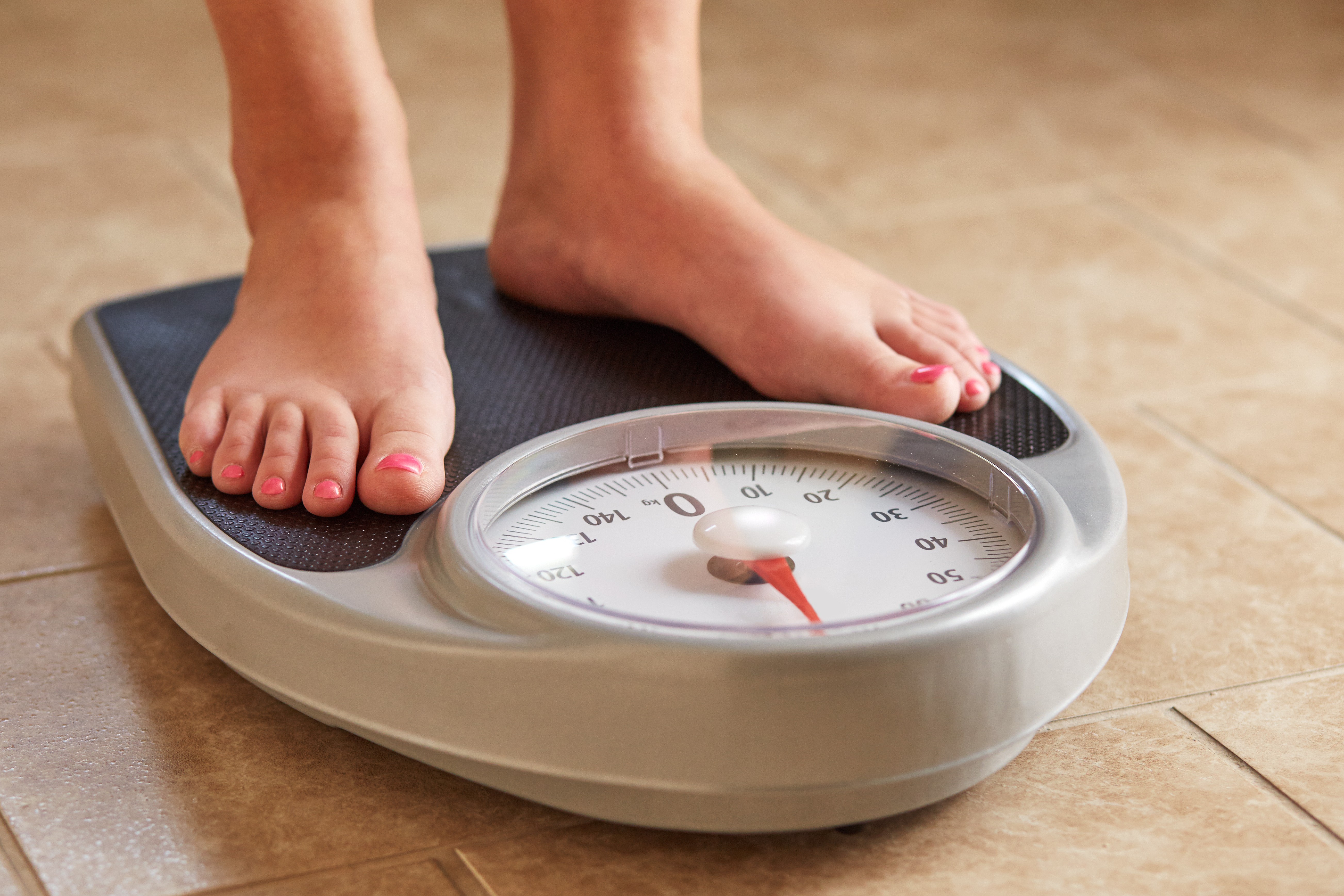For many embarking on a weight loss journey, especially after setting New Year’s resolutions, stepping on the scale becomes a routine. You might notice a curious trend: the numbers are often lower in the morning. But why do you weigh less when you first wake up? Doctors and health experts point to several key factors that explain this common phenomenon and emphasize the importance of morning weigh-ins for consistent tracking.
The Science Behind Your Lower Morning Weight
The seemingly lighter reading on your scale in the morning isn’t magic; it’s rooted in physiological processes that occur while you sleep. Throughout the night, your body is still actively working, leading to a natural decrease in weight. Let’s break down the main reasons:
Overnight Dehydration: Losing Water Weight
One of the primary reasons for a lower morning weight is dehydration. As you sleep, you continuously lose fluids through breathing and sweating. This process is natural and essential for body temperature regulation. Think of it like gently exhaling moisture and releasing perspiration throughout the night – both contribute to a reduction in overall body fluid.
Dr. Neil Floch, a bariatric surgeon at Greenwich Hospital in Connecticut, explains this clearly: “When you wake up in the morning, you’re dehydrated because you haven’t been drinking during the night. Then, you go to the bathroom and pee out the fluid. If you have a bowel movement, you could lose another quarter of a pound to a pound from that. So this is when you will be at your lowest weight.” This overnight fluid loss contributes significantly to the difference you see on the scale.
Calorie Burning During Sleep: Fueling Your Body Overnight
While you rest, your body doesn’t simply shut down. It’s still working to maintain essential functions, including breathing, circulation, and cell repair. These processes require energy, which your body obtains by burning calories. Research from the Sleep Foundation indicates that adults can burn approximately 50 calories per hour during sleep. Although this calorie burn is not substantial enough for significant weight loss overnight, it subtly contributes to a lower weight reading in the morning.
Bowel Movements: Eliminating Waste
Another factor influencing your morning weight is bowel movements. During sleep, your digestive system processes the food consumed the previous day. Eliminating waste products in the morning naturally reduces the overall weight your body carries. As Dr. Floch mentioned, this can account for a noticeable drop on the scale, ranging from a quarter of a pound to a full pound.
Why Weigh Yourself in the Morning? Consistency is Key
Understanding why you weigh less in the morning leads to a crucial piece of advice from doctors: weigh yourself in the morning for consistency. Weight naturally fluctuates throughout the day due to eating, drinking, and activity levels.
Dr. Mert Erogul, a clinical professor of emergency medicine at SUNY Downstate, emphasizes this point: “Weight can fluctuate during the day, so, it’s good to pick the same time each day to weigh yourself.” By weighing yourself at the same time each day – ideally in the morning after using the bathroom and before eating or drinking – you minimize the impact of these daily fluctuations and get a more accurate and comparable reading of your weight trend over time.
Maintaining a Healthy Weight: Long-Term Perspective
While morning weigh-ins provide a consistent snapshot, it’s important to remember that weight management is a long-term journey. Focusing on sustainable healthy habits, such as balanced nutrition and regular exercise, is far more crucial than fixating on daily weight fluctuations.
Doctors recommend aiming for a gradual and healthy weight loss of 1 to 2 pounds per week. Dr. Erogul cautions against drastic measures like very low-calorie diets, stating, “Very low-calorie diets are associated with greater early weight loss, but no difference in the long term.” Sustainable changes to your lifestyle are key to achieving and maintaining a healthy weight.
In conclusion, the reason you weigh less in the morning is a combination of overnight dehydration, calorie burn during sleep, and bowel movements. Establishing a routine of morning weigh-ins provides a consistent measure for tracking your weight loss progress. Remember to focus on the bigger picture of healthy living for sustainable and effective weight management.
